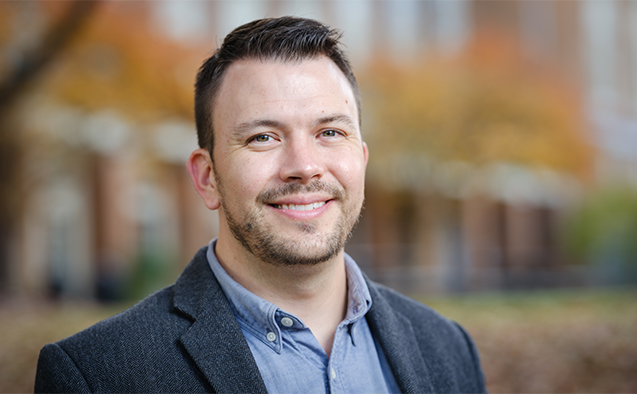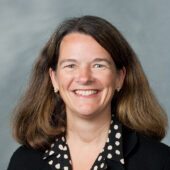Zozobra: The best word for the worst year
WFU professor shares insights from Mexican philosophers

For those feeling disoriented by the events of 2020, understanding “zozobra” may help, said Wake Forest assistant professor of philosophy Francisco Gallegos.
“‘Zozobra’ is an ordinary Spanish word for anxiety, but in Mexican philosophy it has been used to articulate that wobbling, groundless feeling that a person can have when the whole world has this uncertainty and unreliability,” said Gallegos, who studies the philosophy of emotions.
Originally, the word referred to the movement of a ship on rough seas that is about to capsize, but it also describes the feeling of disorientation many of us have experienced this year.
Francisco Gallegos explains ‘zozobra’
Earlier this month, Gallegos and San Jose State University professor of philosophy Carlos Alberto Sanchez, wrote an essay about “zozobra” for The Conversation that appeared in several major news outlets worldwide .
They described the term and the feeling it captures: “One moment everything seems normal, then suddenly the frame shifts to reveal a world on fire, struggling with pandemic, recession, climate change and political upheaval. That’s zozobra, a peculiar form of anxiety that comes from being unable to settle into a single point of view, leaving you with questions like: Is it a lovely autumn day, or an alarming moment of converging historical catastrophes?”
Gallegos says understanding “zozobra” and the insights of Mexican philosophers behind it, may help bring people together and create community.
“Admitting that we are in a moment in which so many of us are feeling this zozobra, this lack of being able to feel at home in the world, can be helpful because it is honest.” Francisco Gallegos, assistant professor of philosophy
“We can come together over this feeling and just commiserate and say, ‘This is hard,’” Gallegos said.
Naming the feeling and focusing on the common experience, instead of channeling inner turmoil into blame and anger, can be a shared point for constructing new norms and can help guide us through many disruptive changes in our world, he said.
“When the world starts to fall apart you get a sense of groundlessness that reveals to you what keeps the world together and what prevents you from having that feeling,” he said. “So it’s in breakdown that you get to see things that you took for granted when things were working well.”
Gallegos, who joined the Wake Forest faculty in 2018, teaches courses on social and political philosophy and studies Latin American and Latinx philosophy. Gallegos and Sanchez have co-authored a new book published this fall on the contemporary relevance of Mexican philosopher Jorge Portilla called “The Disintegration of Community.”
To interview Gallegos, please email media@wfu.edu.
Categories: Research & Discovery
Wake Forest News
336.758.5237
media@wfu.edu
Meet the News Team
Headlines
Wake Forest in the News
Wake Forest regularly appears in media outlets around the world.




